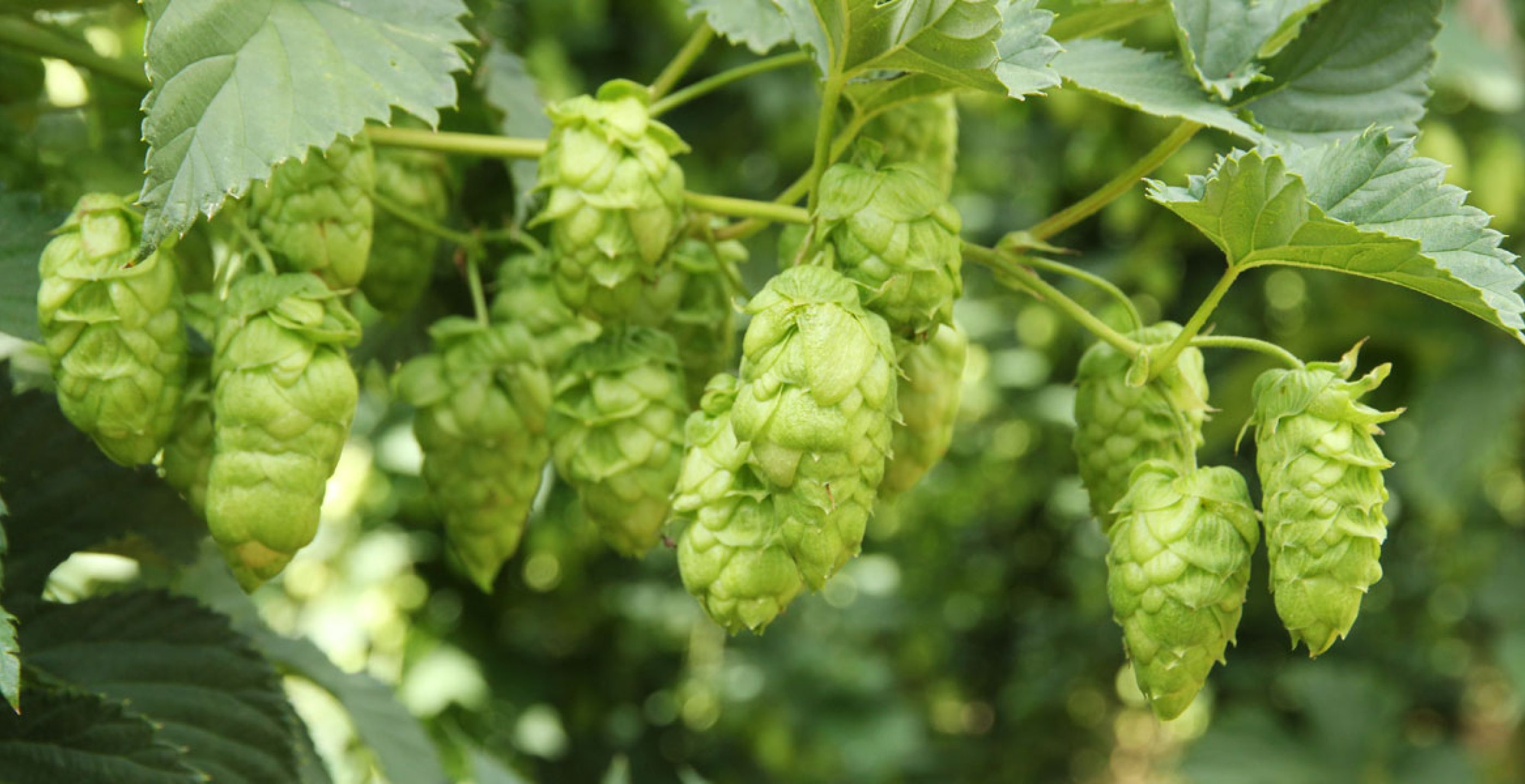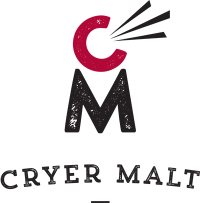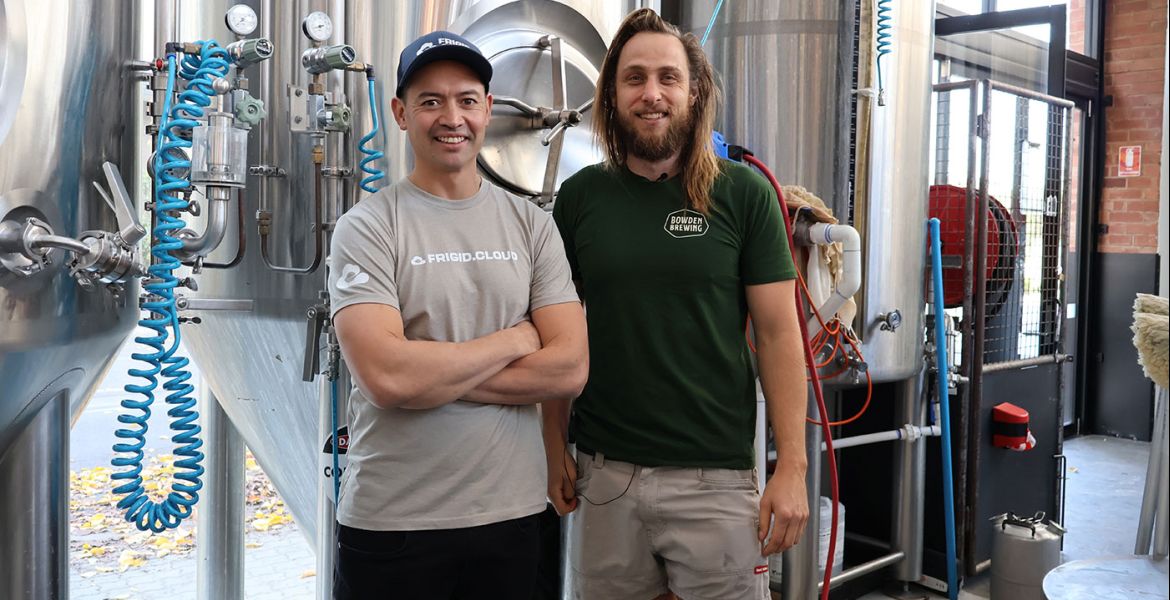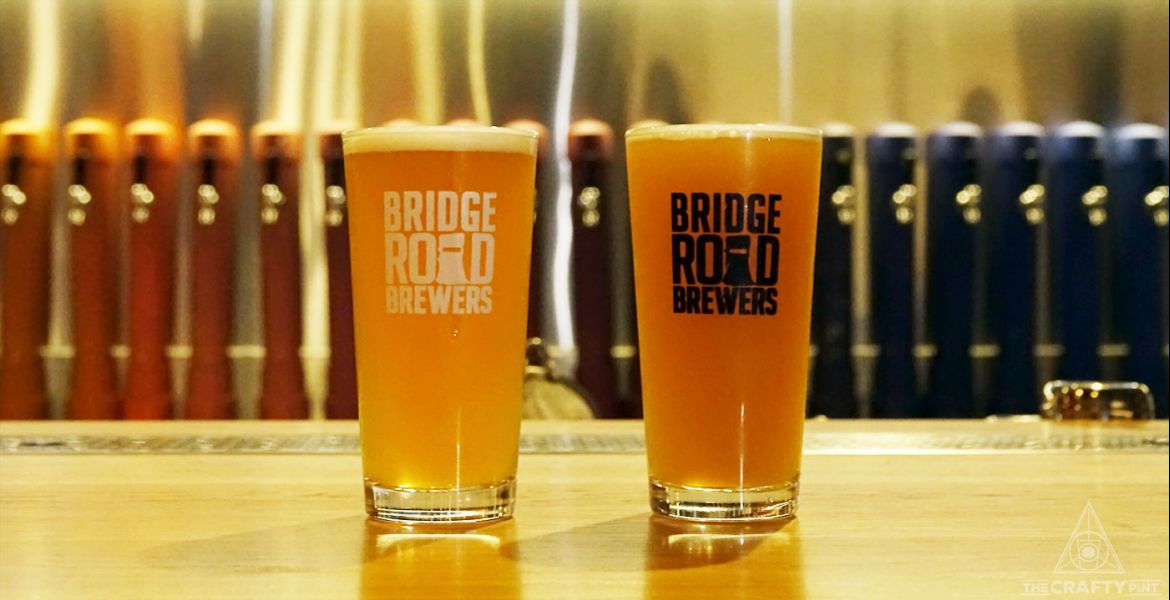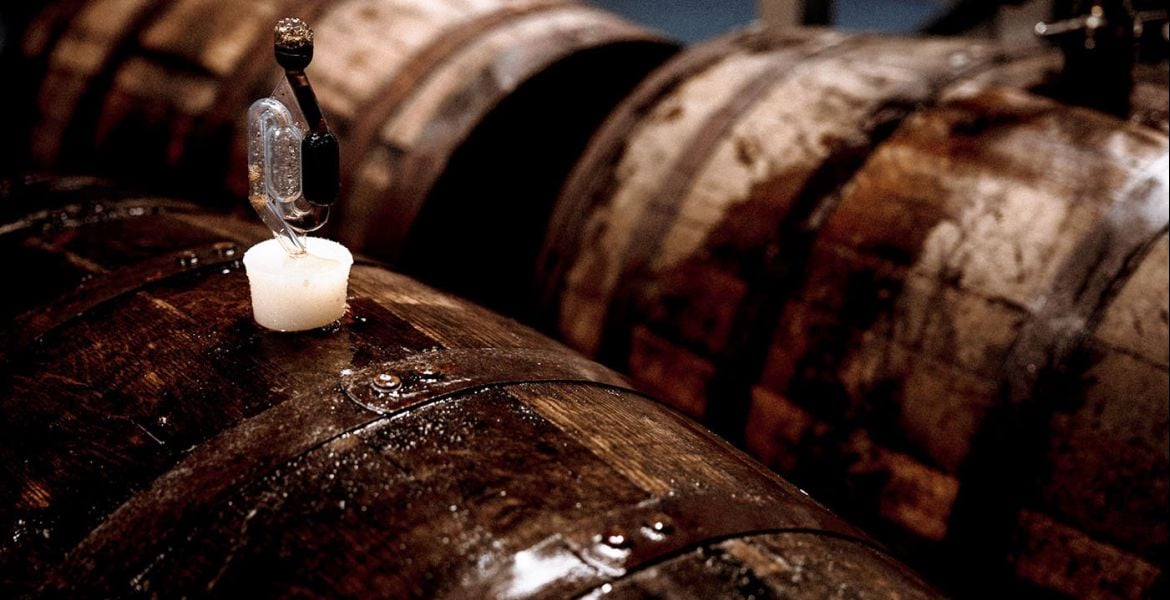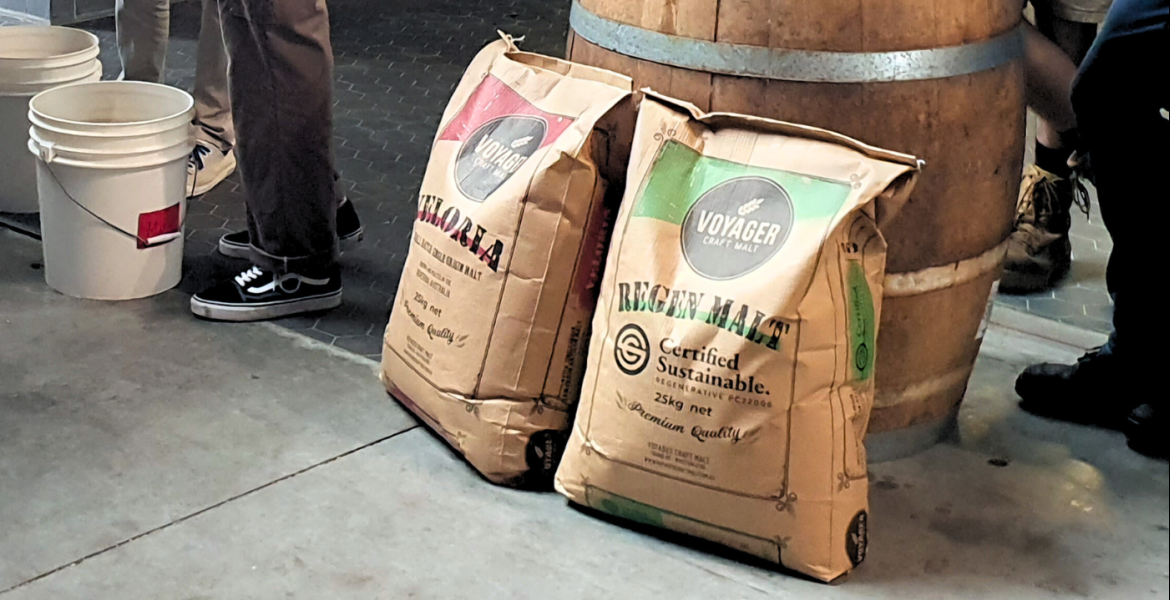It takes many years, many people, many tests and trials, and many culls for a new hop variety to make the grade and become a commercial variety. Yet, as Eclipse is officially unveiled as the latest great green hope from Hop Products Australia (HPA), it turns out its journey to the top of the class was accelerated by a single beer.
Back in 2017, Colonial used the variety formerly known as HPA-016 in their Pioneer IPA. In an interview with The Crafty Pint earlier this year, head brewer Ash Hazell described it as the best beer he'd ever brewed, saying "the full spectrum of hop character we extracted through that hopping regime was unreal."
And it had a similar impact upon those who tried it at HPA.
"It was jaw-droppingly good," HPA sales and marketing manager Owen "OJ" Johnston says. "Drinking that beer was a case of, 'This is time'."
After years of tests and trials, the decision to make this the hop that would join the likes of Galaxy, Vic Secret and Enigma in their portfolio came down to the simple act of experiencing just how well it could perform in a beer.
Eclipse was due to be formally named at this year's Good Beer Week, before COVID-19 put paid to that festival, forcing HPA to find a new way to celebrate the arrival of a variety for which they have high hopes. So, instead of a series of events, they invited a dozen brewers to create a new beer based around Eclipse, all of which are available from today in special mixed packs from Beer Cartel (of which we've secured three to giveaway to Crafty Cabal members).
Should you lay your hands upon one, or any of the individual beers, you can expect to be met by a distinctive mandarin character. Eclipse shares the same female parent as Galaxy, crossed with a male from North America, with the team at HPA placing it close to their star pupil on their hop flavour spectrum, albeit describing it as having a spicy secondary character as opposed to Galaxy's more resinous underbelly.
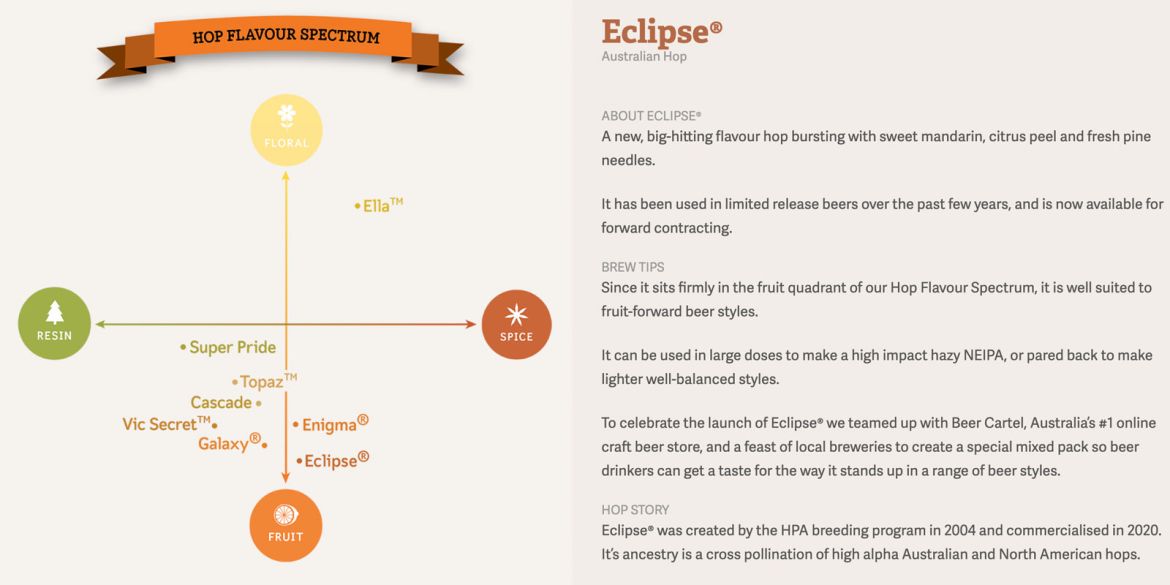
Yet it's the bold mandarin character that's got the team most excited about the potential of a variety that was first developed by their hop breeding program in 2004, has an ancestry that can be traced back to 1915, and was initially trialled by a tiny number of brewers way back in 2012.
"One of the things that pushed it to the front is that it's easily identifiable and does what it says on the label," OJ says. "It's not nondescript and fruit salad-y – mandarin comes through really clearly. Brewers need certainty around what hops are going to bring."
He says feedback has exceeded even that of Galaxy; often with the high impact hops being developed by breeders the world over today, varieties will delight some and alienate others; OJ points out there are brewers who don't like Galaxy's profile.
"More than a hundred brewers have overwhelmingly successfully tried 016," he says. "I can't recall a single piece of negative feedback on the performance of the hop, which is just outstanding."
After commercialising Galaxy, Ella (initially as Stella), Vic Secret and Enigma in quick succession from 2009 to 2013, Eclipse becomes the first new variety to graduate from their breeding program in seven years. In the intervening period, HPA have significantly expanded their acreage and facilities in the High Country, while other varieties have been terminated, such as Helga, Summer and Willamette, as the company focuses on its higher impact proprietary offerings.
Hop breeder Simon Whittock says that flurry of new releases came at a time when HPA was looking to establish the business as a producer of new varieties; more recently, the focus had been on giving Enigma and Vic Secret time to become established in the market as they expanded their production capacity. Now Eclipse has joined them, it will be given time to do the same before the portfolio grows again.
"Eclipse has been top of our list in terms of what was good in the breeding program for a long time," he says. "We had a lot of years of just growing it and harvesting it. We knew we could grow it. We knew its character in the field."
It's a breeding program in which the odds of becoming the next Galaxy or Eclipse are stacked against you. At any one time, they'll have 20 to 40 genotypes planted across their sites in Tasmania and the Victorian High Country in great enough volume to allow for brewing trials.
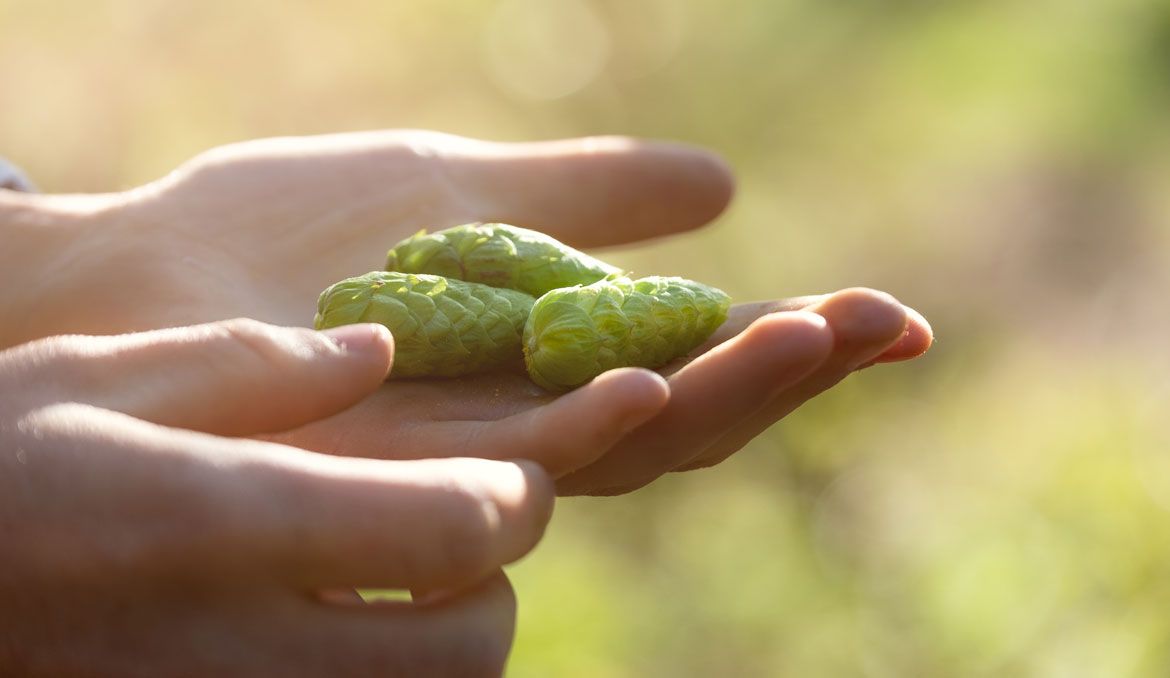
Initial judgements on appeal and viability are made by Simon and a very small number of people within the company before they're confident enough to share their favourites with the likes of OJ and HPA managing director Tim Lord. If they're suitably impressed, small amounts will be shared with brewers to see what they make of them, with Bridge Road Brewers and CUB historically at the forefront in requesting experimental hops. But even among those to make it that far there's a greater chance of getting the chop than making the grade.
"He's a mass murderer," OJ says, referring to all the promising trials that have been cut. "You can't get too attached to them."
"OJ's favourite hop got culled this year," Simon interjects helpfully.
"But I shed not one tear," OJ counters. "That's what you sign up for."
When it came to Eclipse, it ticked all the boxes. Not only was there great feedback from brewers, but it had the right impact in beer – "Has to be 10/10 for impact," OJ says. It also had a point of difference, likability, and met agricultural requirements too, growing well in both Tasmania and the Victorian High Country. After committing to Enigma, HPA discovered that hop didn't take in Tasmania, something that would put a black mark against it were it making its way through the program today.
As for how HPA-016 got its new name, it's the result of a processing involving many people inside and outside HPA. They started out compiling a long list in a number of different categories: references to landmarks local to the farm where it was developed, like Buffalo; others related to the flavour profile; the astrological theme as with Galaxy. And then there were exclusions: lifestyle descriptors or those with potential cultural sensitivities.
It was marketing specialist Grace Irwin who first put forward Eclipse, explaining that it "overarched the flavour category and the astrology category". As the sister of Galaxy, it made sense to choose a related name, while a number of comments around the mandarin character being overwhelming strengthened the case for Eclipse; it didn't hurt that Ash from Colonial put the name forward independently too.
"It's a very, very long process," Grace admits.
It's also one where lessons have been learned from the past. HPA changed the name of Stella to Ella not long after it was launched, while the NZ variety Moutere was originally called Brooklyn.
"One of the lessons we took from Brooklyn was you need to have a global perspective," OJ says. "Brooklyn is a suburb of [South Island hop-growing region] Nelson so it’s legit, but it doesn’t make sense.
"We struck names off that would have seen us run into IP trouble. It’s a pretty hard slog."
At the same time, it's a good time to be in the business of growing and selling hops, as hop forward beer styles continue to dominate craftier beer markets the world over. Where once an IPA might feature eight grams per litre of hops, there are limited releases coming out of Aussie breweries featuring three, four, five times that amount.
Many brewers are experimenting with how and when they add hops within the brewing process too, for example dry-hopping beers during active fermentation to elicit new flavours and aromas from the interplay of hops and yeast.
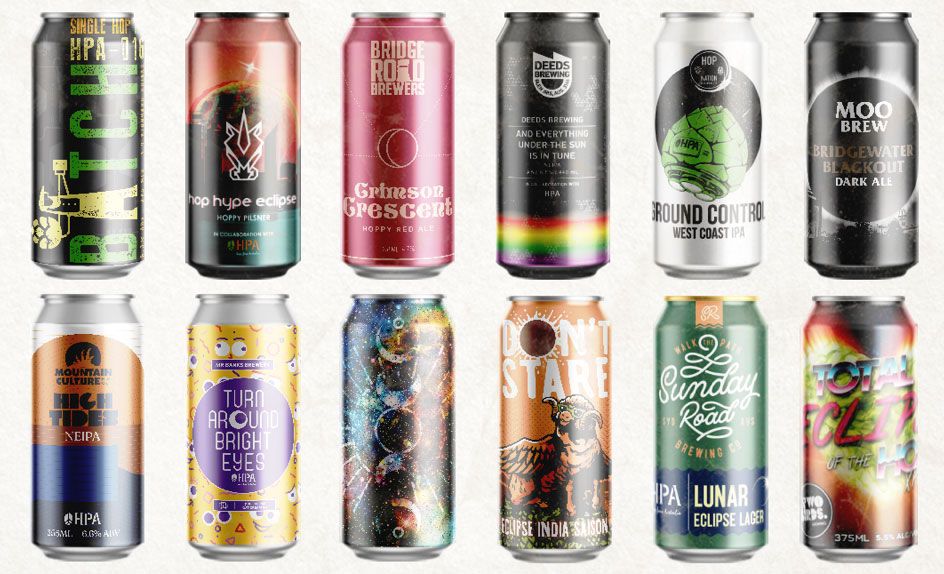
Simon says this rise of heavily dry-hopped hazy IPAs "puts pressure on hop quality and has changed the discussion around how to get good quality hops to brewers."
All of which is, of course, good for drinkers. While HPA grow more hops than anyone else in Australia, peers such as Ellerslie Hop have been bringing new varieties to market over the past decade too – notably Melba and Astra – while there are smaller hop farms in most states now, from the organic growers at Ryefield Hops in New South Wales to those on a mission to prove you can grow them in Queensland and others doing the same across the southern parts of WA.
As for what might survive Simon's murderous culls and become the next commercial release from HPA, well, it's going to be a while before that happens, with Eclipse given time to gain a presence in the market. But, despite the fact their current portfolio leans heavily into the realms of fruitiness, who's to say the passionfruit and peach of Galaxy, the pineapple of Vic Secret, and the mandarin of Eclipse won't be joined by another fruity number.
"It could still be fruit forward," OJ says. "But it won't be pineapple or mandarin. It will be something else."
You can purchase the Eclipse Mixed Packs from Beer Cartel here and read more about them here. We've got three cases to give away to Crafty Cabal members too; log in or sign up here to enter.
Members can also join us for a live stream event all about hops featuring HPA and Akasha founder Dave Padden next Monday evening (November 16); details here.
You can learn more about hops in our Beer Basics series here.



